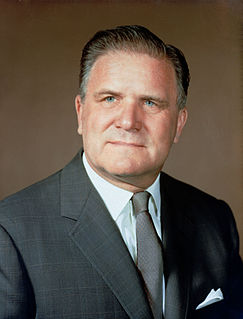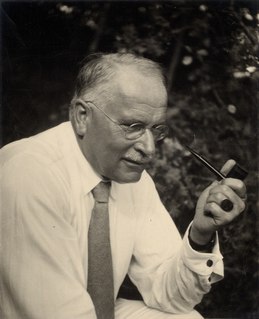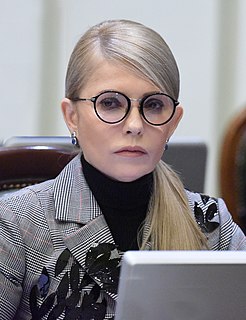A Quote by Vladimir Putin
Even during the years of the Cold War, the intense confrontation between the Soviet Union and the United States, we always avoided any direct clash between our civilians and, most certainly, between our military.
Related Quotes
I think we can end the divisions within the United States. What I think is quite clear is that we can work together in the last analysis. And that what has been going on with the United States over the period of that last three years, the divisions, the violence, the disenchantment with our society, the divisions - whether it's between blacks and whites, between the poor and the more affluent, or between age groups, or in the war in Vietnam - that we can work together. We are a great country, an unselfish country and a compassionate country. And I intend to make that my basis for running.
It's a little hard to avoid putting both war and politics in, in that they both come into the activity, but on their own. My basic idea is to do a great love film set in the hell of 1942. At that moment, hell was Leningrad. Underneath all this, of course, is a film about dissension between the two most important countries in the world, the United States and the Soviet Union. I think it is a must at this point to talk about cooperation instead of the rancor and hatred and competition between nations.
During the Cold War, tensions between the West and the Soviet Union affected virtually all countries worldwide. As a result, throughout Latin America, guerrilla groups emerged, seeking to destabilize military dictatorships and attain democracy, freedom, and policy reform - goals that they believed could not be achieved peacefully.
The United States stands by its friends. Israel is one of its friends Peace can be based only on agreement between the parties and agreement can be achieved only through negotiations between them. The United States will not impose the terms of peace. The United States is prepared to supply military equipment necessary to support the efforts of friendly governments, like Israel's, to defend the safety of their people.
































